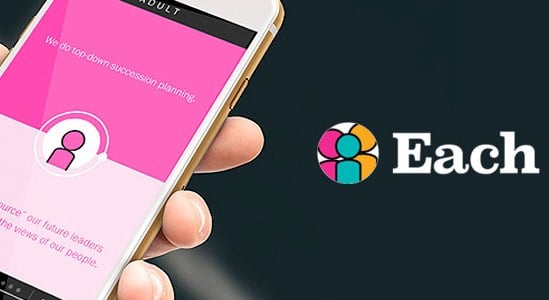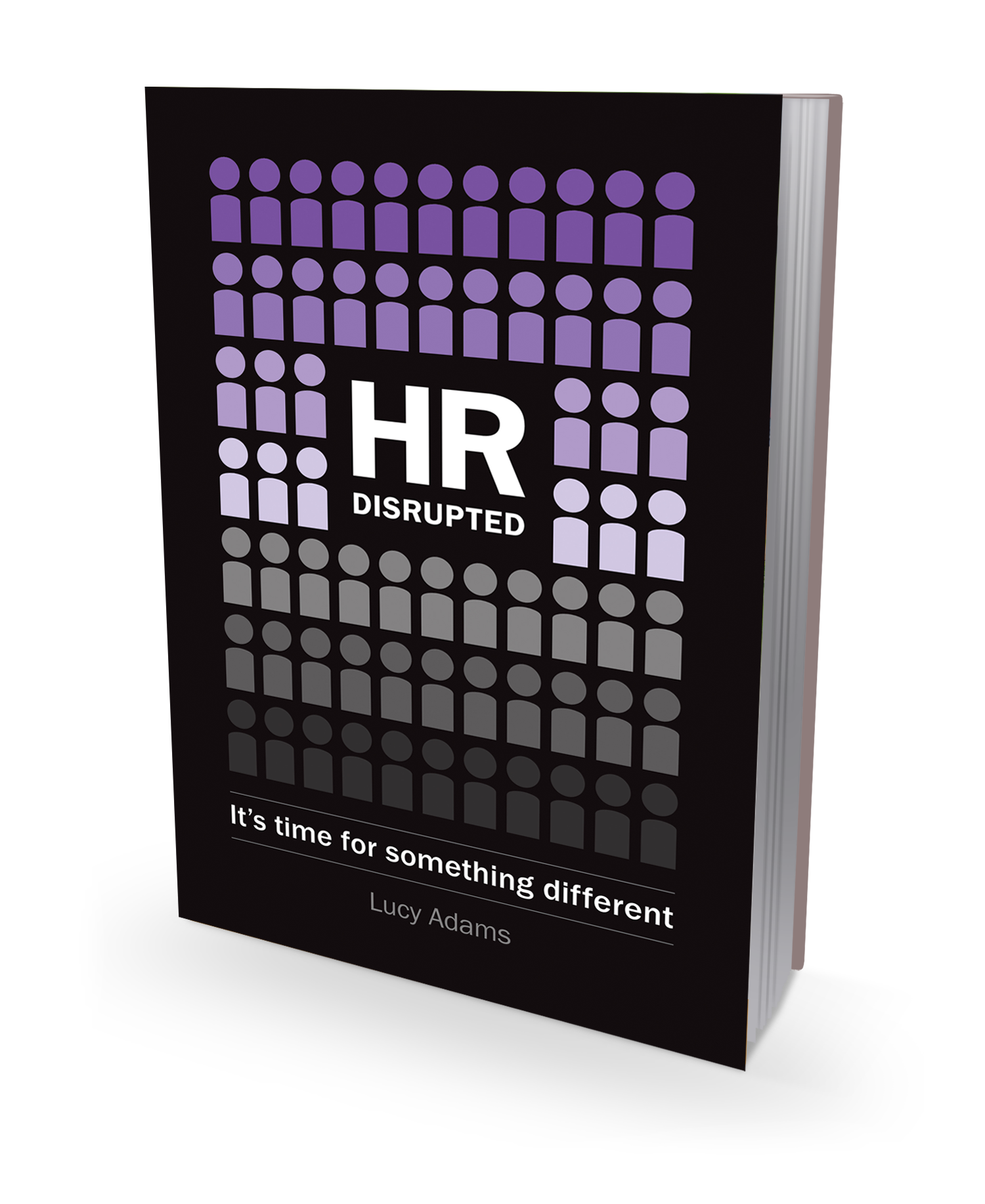I always found it interesting that despite having to make quite deep cuts in my budgets over the years, my CEO’s would be reluctant to see the removal of one of the bigger ticket items in the HR portfolio – the High Potentials Programme. I think they liked the idea of creating and investing in this chosen elite who would, after a period of 12 months intensive development, become the superstars of the future. Many of my CEO’s had themselves been chosen for this type of programme in the past and attributed their stellar rise in part to having participated in it. They were therefore understandably very positive about the role they can play.
I’ve personally never felt entirely comfortable with the High Potential programmes I’ve launched and run. Turns out these instincts were right. Recent research by CEB suggests that 73% of high potential programmes show neither business outcomes nor ROI. We probably shouldn’t be surprised by this statistic as there are some fairly glaring errors with how we execute them. The following three reasons ought to be sufficient for us to pause and question.
We’re placing our bets and investing all this money and time into an elite group who, it turns out, are possibly not the brightest and best after all.
Firstly, we know that the data that identifies the chosen ones is almost certainly flawed due to our inability to assess current performance, let alone potential. So that’s not a great start is it? We’re placing our bets and investing all this money and time into an elite group who, it turns out, are possibly not the brightest and best after all. One of my favourite clients was moaning about the launch of his new high potentials programme, telling me that “out of 24 people, there were probably only 7 who had any real potential!” He was gutted, having spent weeks nailing the right criteria and coaching senior leaders to help them make sound decisions about their people. I have felt similar frustrations with the programmes I’ve run over the years and I bet you have too. How many times have you looked at the Hi-Po nominations and thought “really?!” Yeah. Me too. Hi-po places are given for a whole range of reasons – perceived flight risk, an alternative to a pay rise, don’t know how to say no, etc. It’s a tough ask for leaders not to use these programmes as sweeteners when promotions may be thin on the ground, but it can seriously dilute the exclusivity.
Anointing someone as “high potential” often has a number of less than healthy consequences.
Secondly, they are inherently divisive and can create a group of perceived “favourites” who now have an additional burden of expectation on their shoulders – or worse, as Douglas Riddle points out in his article for HBR “Your High-Potential Program could ruin your business”, they become “entitled prima donnas” and are often frustrated by the lack of immediate promotional rewards. Anointing someone as “high potential” often has a number of less than healthy consequences.
Thirdly, they lack transparency as leaders worry about the neglected 95% finding out that they are not in the elite group. What kind of madness is it where we have a programme where the delegates don’t even know why they are on it?! Only a third of businesses actually tell the high potentials that they are seen as high potential, according to CEB , although in my experience it always leaks out anyway, thereby fuelling a lack of trust in HR processes.
Shouldn’t we be asking whether high potential programmes are still relevant in this disrupted world?
So we are right to question the way we run our Hi-Po programmes. So little return on investment and some unsavoury cultural consequences ought to put a dent in our CEO’s vanity project. And yet, our questioning tends to be directed towards trying harder to get them right – to get better at identifying the criteria for potential, to be more rigorous with our calibration sessions, to change the way we develop the high potentials or to be more disciplined about managing the talent pool for better results. Shouldn’t we be asking a bigger question instead? Shouldn’t we be asking whether high potential programmes are still relevant in this disrupted world? I’d like to suggest that Hi-Po programmes are not broken simply because we don’t do them properly, but that they are fundamentally flawed as a concept and that these flaws are becoming more evident as the pace and nature of work is increasingly at odds with this old fashioned approach?
The high potentials programme belongs to a different age
Like many of our traditional HR talent tools, the high potentials programme belongs to a different age – when careers were more linear and predictable, when structures were less flat, when “career paths” made sense and when we thought of talent in terms of the people who work for us rather than thinking beyond our borders. They are a product of an era when we thought of “talent” as something permanent and immutable that only required the right criteria to unlock it and when we had faith in our abilities to apply these criteria. They belong to a time when past performance gave us a good indication of future performance. They belong to an age when individual effort trumped team collaboration and it seemed ok to spend shed loads of money on a few people-bets and let the other 95% fend for themselves. They seemed to make sense when we thought that a one-size-fits-all development programme was a good use of our L&D budget and when we didn’t know so much about the value of customised, just-in-time and contextualised learning. They belong to a time when annual, cumbersome processes didn’t seem so out of touch with the actual pace of the business and when the idea of an HR department owning “talent management” rather than managers and the employees themselves didn’t seem strange. Isn’t it time that we stopped trying to make these outdated programmes work and started deploying approaches to talent that reflect the real nature of the businesses that we want our future talent to lead?
You can read our other blogs on the latest HR topics here.
Want to know how equipped your HR is for a disrupted world? Why not take our free HR diagnostic?

Why not get our book “HR Disrupted” for a new way of thinking about HR and practical tools to help you make the changes Click here to order.

Get even more Disruptive HR content and join our Club – the go-to place for people who want to change HR!
Recent Posts
Lessons from a scandal: Should bonuses be paid for ‘just doing the right thing’?
April 22, 2024The scandal of the Post Office, where managers are being incentivised to help with the public inquiry, begs the question - should we ever pay bonuses just 'for doing the right thing'?
Health and Wellbeing: Less Zoom Yoga, More Trust
April 2, 2024We should question whether our healthy snacks and instructive posters are addressing the real barriers to feeling well. Should HR be the caring parent and provide the right kinds of food, exhortations and education? Or should we look to reduce the things that create the stress in the first place?
How to help your leaders be more curious
March 4, 2024Being curious is good for us and our organisations, but some of us do it less than others. This blog explores how we can help leaders to show more curiosity.